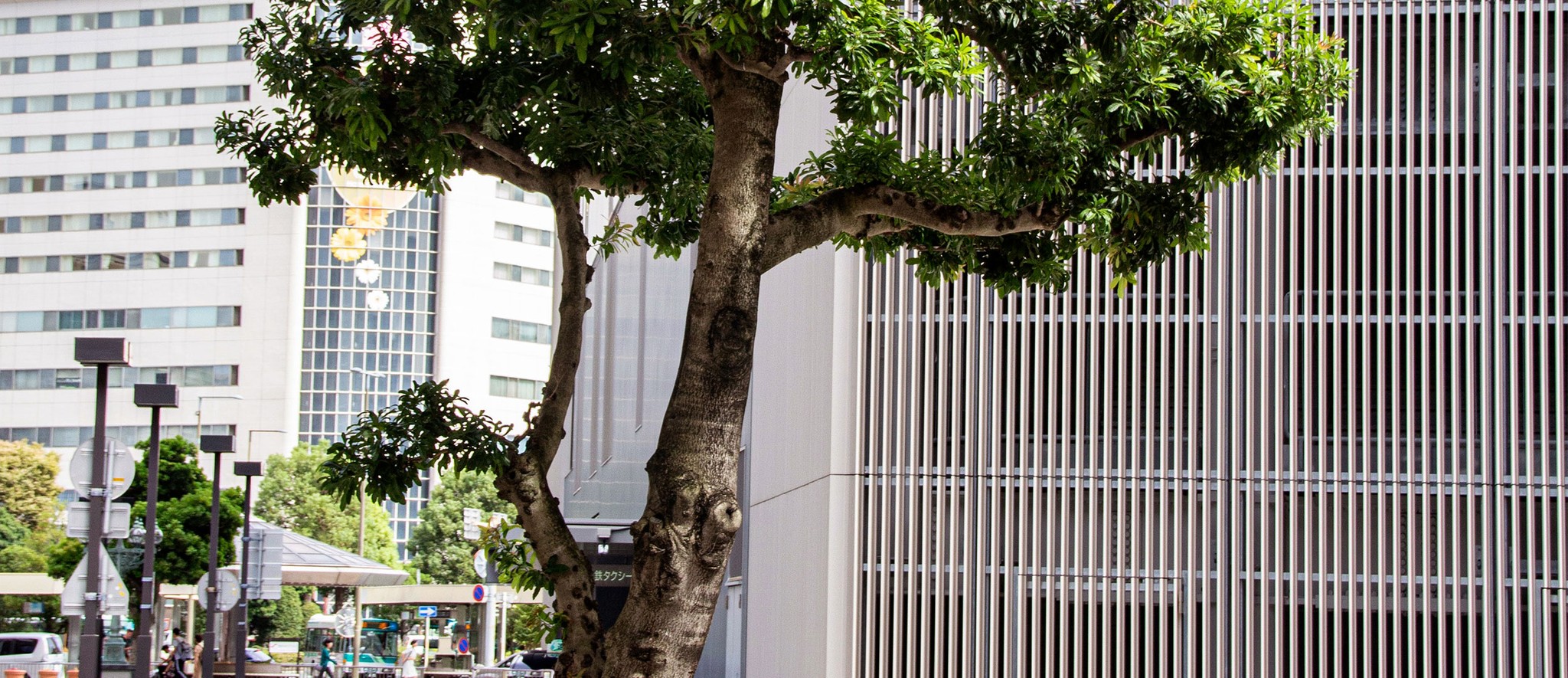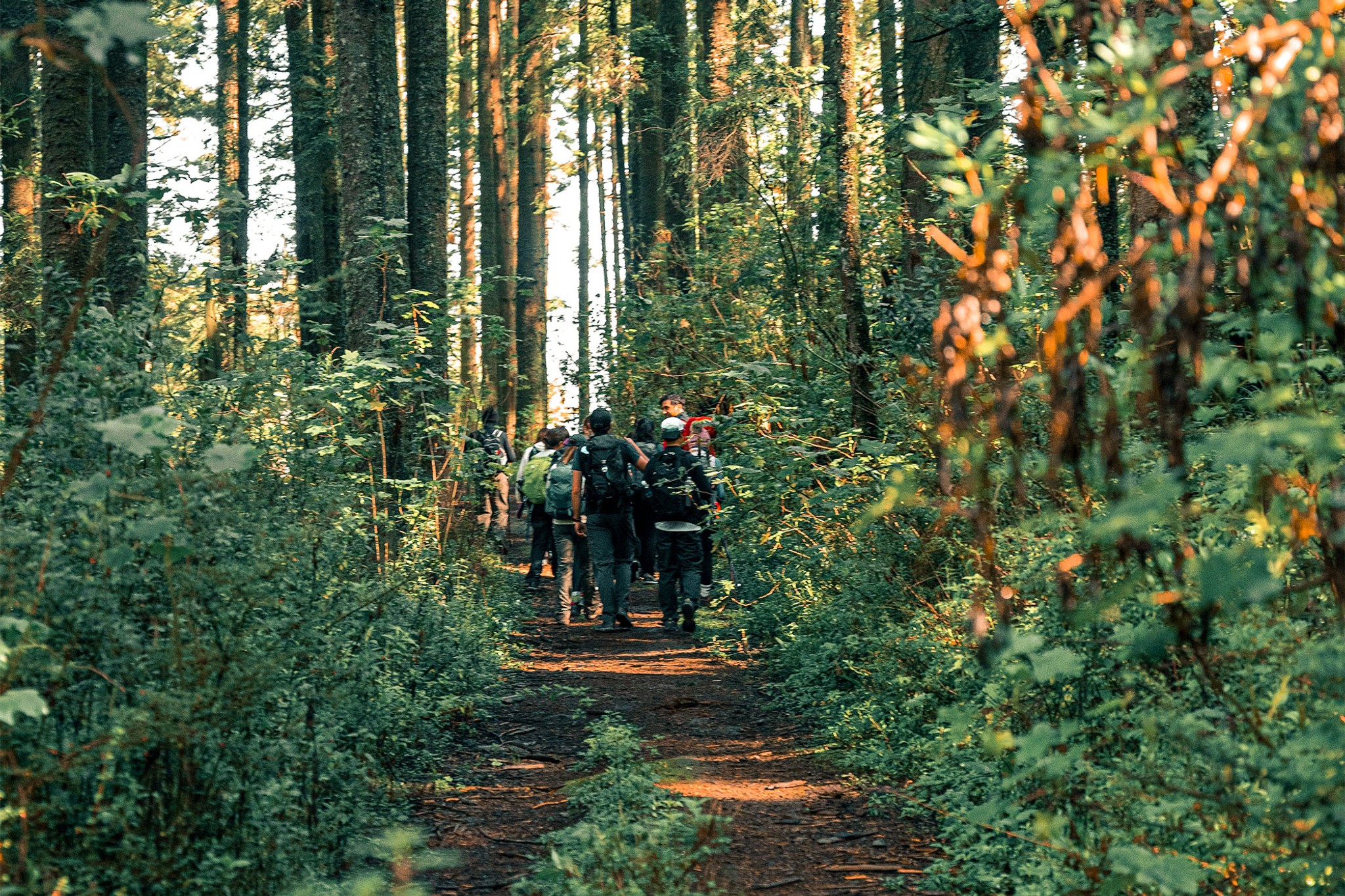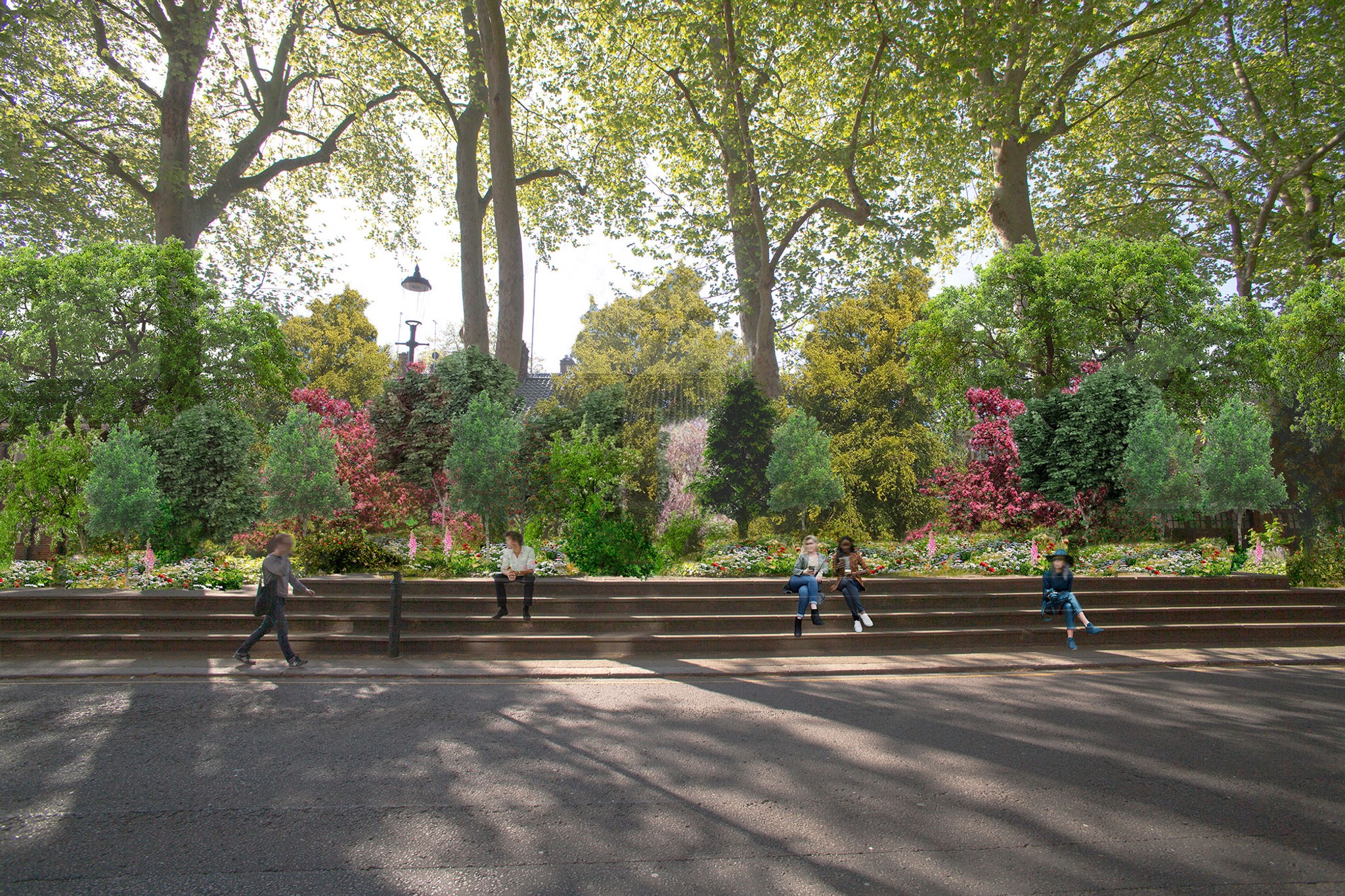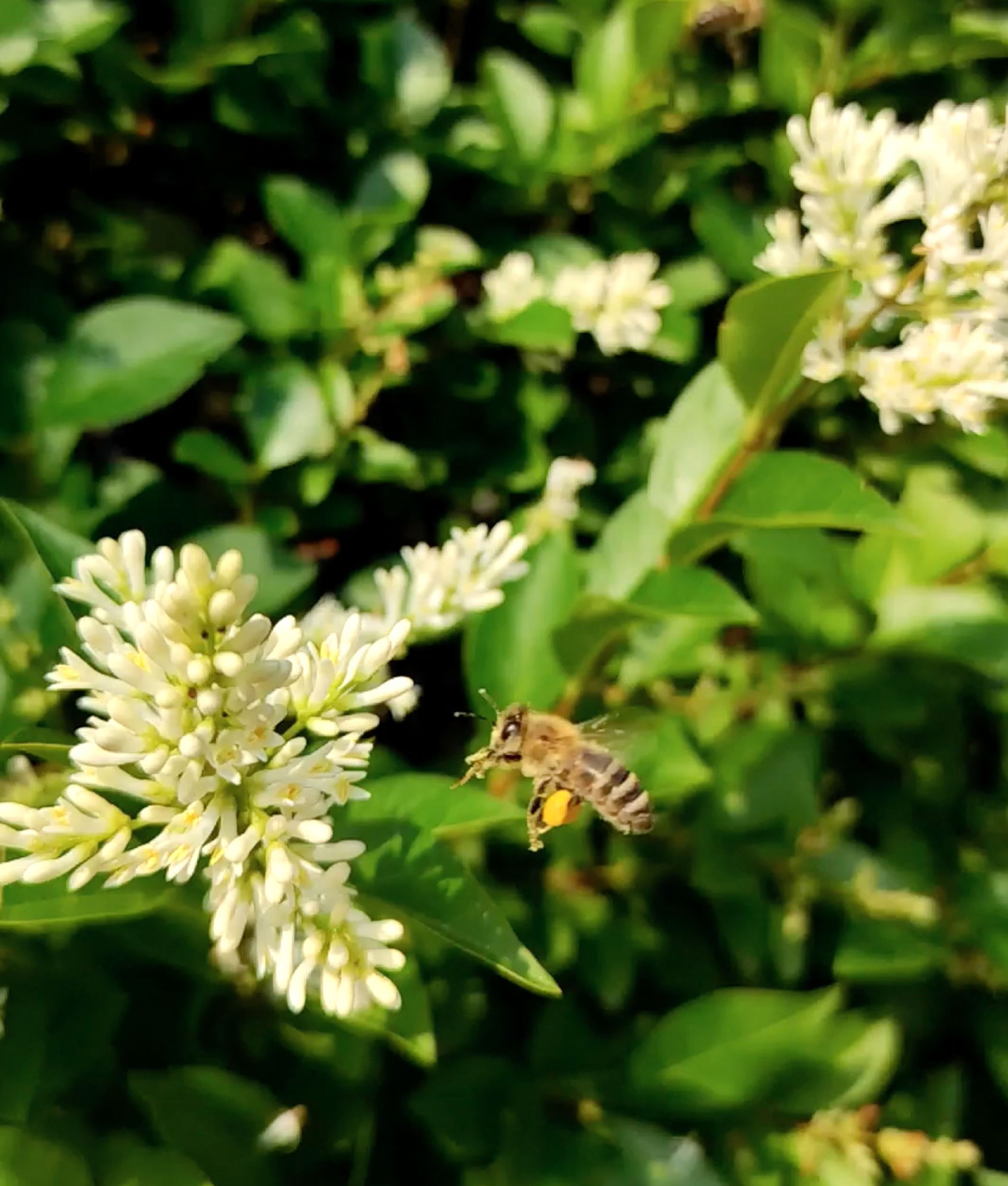Trees Can Suffer From Loneliness

Just like a mirror of modern society, urban trees can suffer from loneliness.
Trees interact with their ambient environment, growing best and flourishing as part of small diverse communities. These communities exchange nutrients and water through their underground fungal networks as well as healing compounds and will tend to favour their offspring when doing so.
Trees are also able to warn each other about imminent attack and disease, potentially allowing others down the line to release the chemicals needed to try to protect themselves and their associated biodiversity. They also create micro climates and regulate moisture and temperature as part of a highly sophisticated and iterative social world that goes on unseen. So when urban trees are mono planted, they lack this community aspect and suffer.

They aren’t able to make the underground symbiotic relationships or receive warnings or benefit from the social interactions trees need to thrive. They can also over heat and stop photosynthesising - something that rarely happens with a denser diversity of planting.
Results can be an increase in susceptibility to disease, slower growth rates and greater maintenance requirements.





